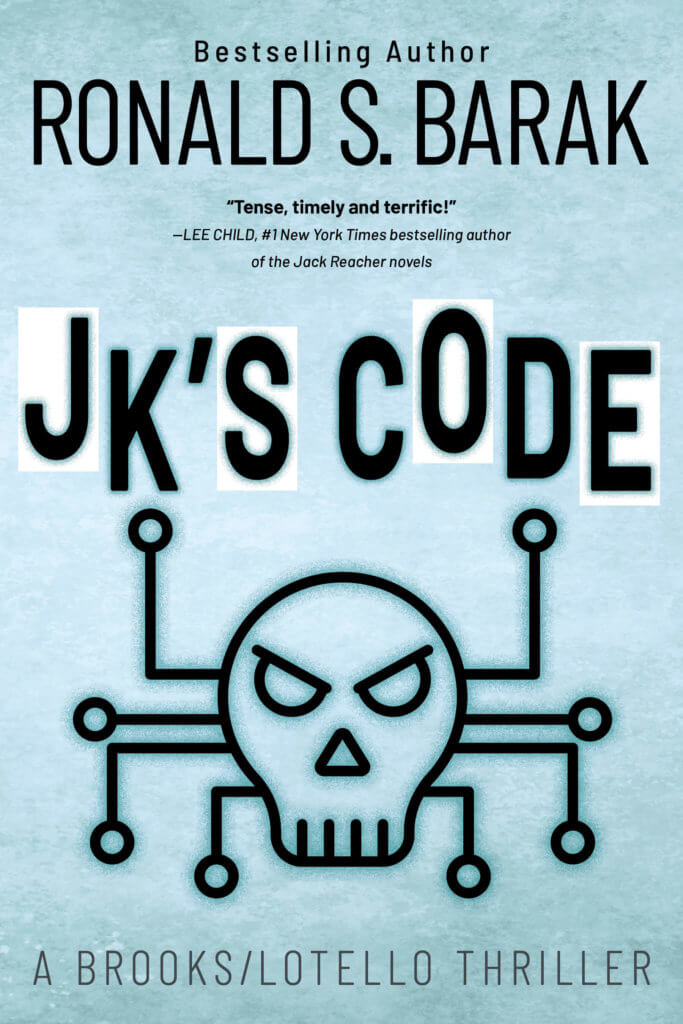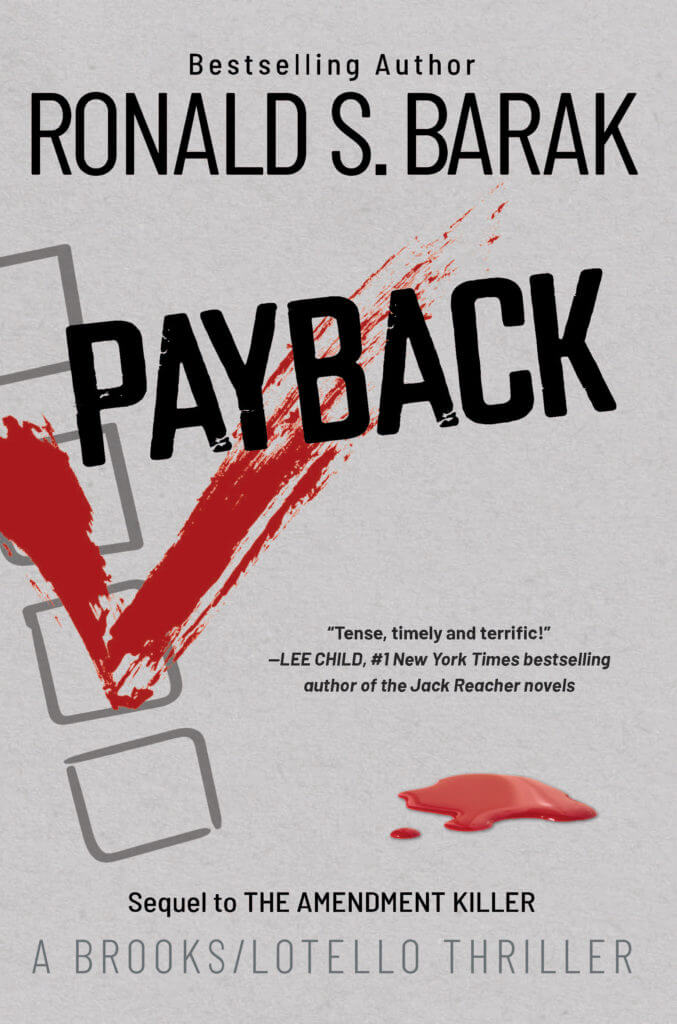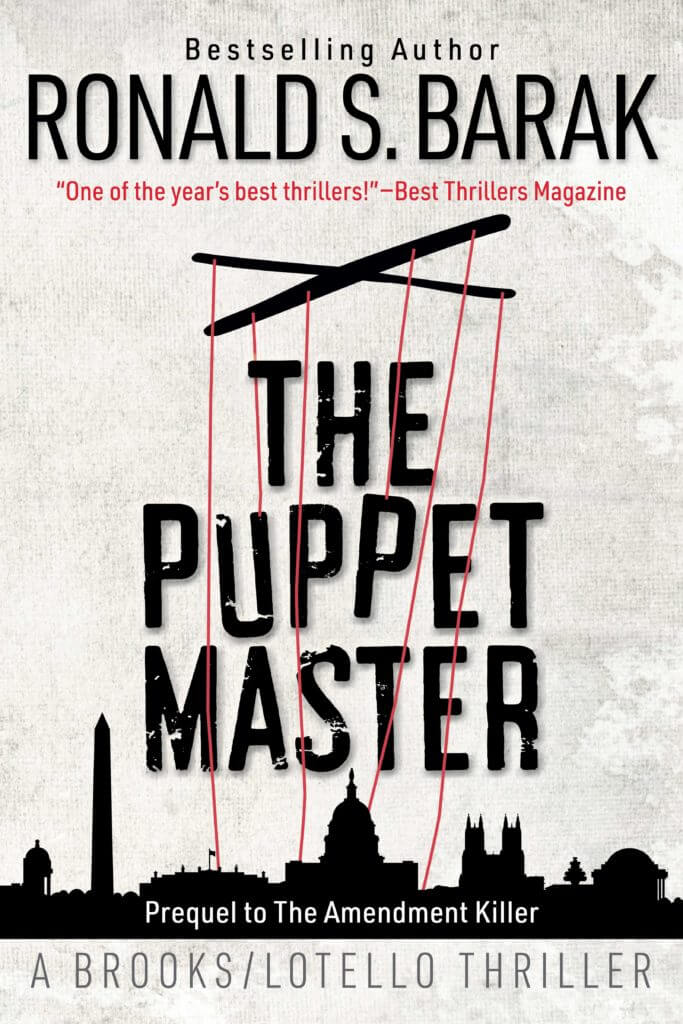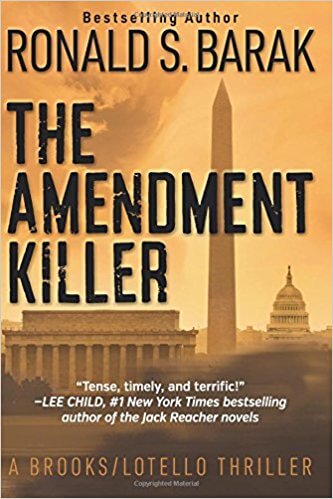 The P Word
The P Word
You all know about the . . . N word, right? I want to slide us a couple of letters further along the scale of the alphabet song and have a conversation about . . . the P word.
Can you tell me what the P word is? No? Okay, let me give you a hint. Oh, let’s just cut to the chase. I’m talking about . . . privacy. The P word is . . . privacy.
Let’s take a little survey here. When I say “privacy,” you tell me what pops into your mind. I actually conducted a little survey on this. I asked ten friends (aw, c’mon, I do too have ten friends) what pops into their minds when I say “privacy.” Eight of them answered, in one form or another, that I must have been referring to the question of what’s more important as between our national security and the right of cell phone owners to prevent the government from accessing their cell phone data. (I would tell you what the other two said, but, hey, it would invade their . . . privacy.)
Given the recent San Bernardino and Paris terrorist events, national security versus cell phone privacy was a pretty logical response. But we’ve already had that discussion. Consider for example, this earlier blog.
The Historical Right To Privacy
Let’s talk a little bit about privacy in general. Specifically, when is the right to privacy paramount and when must it give way to something else? In most instances, the right to privacy is cherished and understandably very important. I don’t think we have to dwell much on that. However, arguably at least, there are some exceptions.
The Public Safety Exception
Public safety is one exception that comes to mind. Tracking down and intercepting terrorists who would do innocent persons mortal harm. What about the privacy of gun manufacturers whose products can threaten our safety and well-being? What about manufacturers of drugs with life-threatening ramifications?
Sandy Hook
In 2014, the families of the Sandy Hook victims filed suit against the manufacturer and distributor of the gun that Adam Lanza used to kill 20 children and six adults. The lawsuit claims negligent marketing of the AR-15 “killing machine.” In that suit, the plaintiffs served discovery requests concerning how this weapon was promoted. For two years, the defendants refused to produce a single document. The wheels of justice grind slowly indeed, but, finally, the Court recently ordered the defendants to comply with the discovery requests.
Problem solved, right? Wrong! The defendants have still to produce a single document. They have now filed a motion for a protective order seeking to ensure that what they produce will not be available to the public. They maintain that such public disclosure would invade their privacy and harm their . . . business interests.
OxyContin
You will recall that we have also reported here on the OxyContin controversy. In a Kentucky town rife with OxyContin addiction deaths, families sued the OxyContin manufacturer. A confidential settlement of that case was obtained. The manufacturer paid $24 million, but admitted no wrongdoing. (One wonders what they would have been required to pay if the case had gone to trial and they had been found guilty of wrongdoing.)
The OxyContin manufacturer thought it was home free. Write a $24 million check and then continue business as usual. Not so fast. News media outlets filed a freedom of information request for documents privately produced in the lawsuit that would publicly reveal the manufacturer’s internal records, showing–perhaps–that the manufacturer was aware that it’s marketing practices concerning the drug were . . . fraudulent. The manufacturer refused to produce the requested material on grounds of privacy and likely harm to its business interests.
The Surprise Ruling
To the manufacturer’s shock and dismay, the Kentucky court just ruled that the manufacturer must make the material available to the public. (The court provided a stay on compliance until the manufacturer can appeal the ruling to a higher court.)
If the lower Kentucky court’s ruling is upheld, this will be a significant infringement on the right to privacy. Is this development just a short-lived blip on the right to privacy that will be shot down by the appellate court or is it a harbinger of things to come? Let’s take a closer look.
Enter The . . . Fiduciary
In general, if I hire Joe the plumber to repair the sink in my home, I am known as the “principal” and Joe is known as my “agent.” He owes me a duty to fix my sink in a responsible manner, but he does not owe me much more than that. He does not have to tell me why he chose one part over another, perhaps because he had excess inventory he was trying to use up even though my job didn’t necessarily require the part he used. If I try to find out the facts, he can hide under the rubric of privacy. In essence, the applicable principle is “Buyer beware.”
Is it any different if I hire a lawyer or a doctor? It is. Rather than a mere agent, the lawyer or doctor is what is known as my “fiduciary.” What does that mean? It means, in essence, that he is charged with being my hero, my “super-agent,” because his services are fundamental to my well-being. Simply put, a doctor treating me for a possibly life threatening ailment, or a lawyer assisting me with my financial well-being, owes me a greater duty than Joe the plumber hired to fix my sink. The cornerstone duties of a fiduciary are full disclosure to his principal, and actually putting the interests of the principal ahead of the interests of the fiduciary. Imagine that!
So, the doctor has to tell me if he is ordering some procedures that I might not really need because the procedures mean more money for him and because he’s struggling to make the payments on his fancy car.
Others beside lawyers and doctors are also fiduciaries, or “quasi-fiduciaries.” Banks are fiduciaries. So are insurance companies. Not quite as clear, but drug manufacturers are perhaps fiduciaries too. Or at least one can argue that they should be because of their performance in the arena of public safety and well-being.
And The Envelope Please
As a blogger (dare I say writer?), and when I am not acting as the lawyer that I also am, I am not a fiduciary. I am not required to share my opinions. That would violate my right to privacy. However, I’m going to do it anyway, at least this one time. Because I’m a nice guy. And because I want the manufacturer and promoter of OxyContin to take it in the shorts–if it falsely marketed the drug to increase its revenues.
So I believe the manufacturer of OxyContin owes the public a fiduciary duty to disclose all that it knew or should have known from facts in its possession concerning OxyContin. If (repeat if) it turns out that it’s marketing practices were fraudulent, and that many who purchased and used OxyContin have claims against it for damages suffered in the face of concealed information concerning the drug, well, aren’t the consequences of such public disclosure of those facts just too bad–for the manufacturer. If it didn’t conceal anything, it will survive the invasion of its privacy–a cost of it doing business in this sensitive, life threatening area.
Who knows, if it was less than forthright, maybe next time it will have to consider being a tad more honest. Now wouldn’t that be refreshing! Maybe even . . . addictive.
Join the discussion either by logging in just below or by signing into your favorite social media outlet. If you’re having trouble, please follow these instructions to guide you! Thanks!







